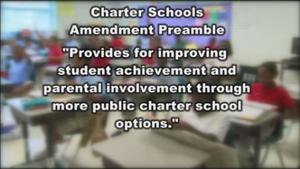On facebook, Save Strickland Mill just posted a critique of certain parts of the VDT’s writeup on the Remerton City Council’s Strickland Mill vote. -jsq
Valdosta Daily Times, September 12, 2012Continue reading
Mill to come down: Buildings to be razed, historic tower to remain
by Quinten PlummerVALDOSTA — The iconic smoke stack will still tower over the
City of Remerton, according to local officials, but the majority of the historic Remerton Mill complex will be demolished and converted into a park after the City Council gave the mill’s owners the go-ahead for demolition during Monday evening’s regular session.
This is not a factual statement: the city council’s motion is as follows: Councilman Bill Wetherington made the following motion which was unanimously voted in by the council members present that night (note that councilman Sam Flemming was not in attendance)
“I move to approve the certificate of appropriateness 2012-04 for 1853 W. Gordon to be issued and effective as of October 25th 2012 for a period of one year from that date with the condition that the cotton mill smokestack remains intact and shall continue to remain intact in accordance with title 18 of the code of City of Remerton.”The mill’s ownership group simply wants relief from its obligations to the property, and Remerton Mayor Cornelius Holsendolph said the restoration of the mill is just too large of a project for a city of Remerton’s size.
That is the reason why


















